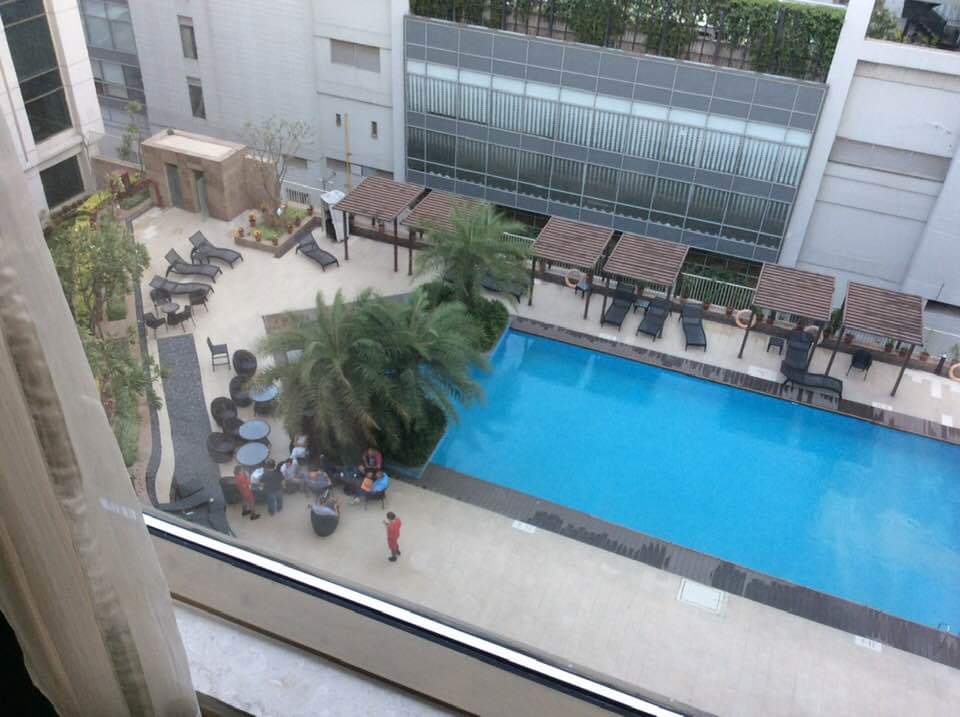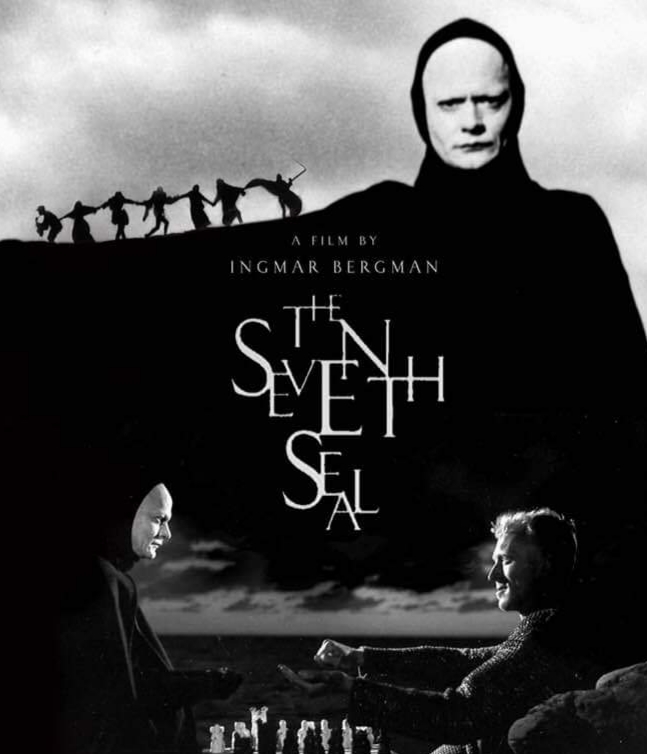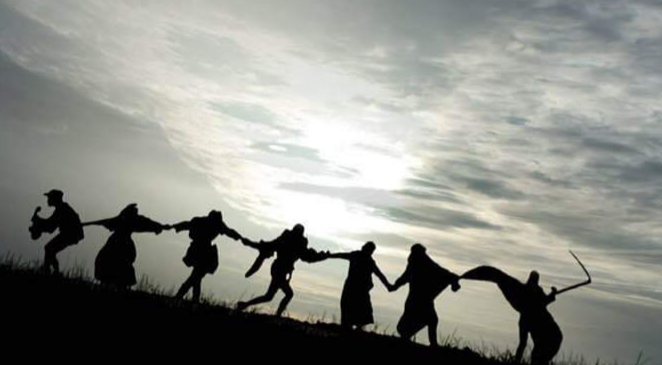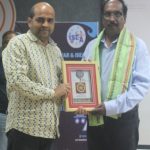By Trailokya Jena
Former Chief Commissioner, Income Tax

The elation of making it to India on practically the last International flight on the deadline day quickly dissipated seeing the heart wrenching scenes at the Delhi Airport. As soon as I came out of the aircraft it could be smelt in the stale air of the arrival floor lined with metal barricades with ubiquitous yellow tapes of the Police. After an initial reading of body temperature on laser gun the approved ones got herded to the special Immigration counters where our Passports were taken away and one got bundled with groups of ten and led to collect the baggage. Thereafter the group was led to the Medical corner for evaluation of health status and the decision of release or quarantine. Considering my age and diabetes status I was mentally prepared for a long haul and quietly submitted myself to examination by Airport Health Authorities, the institution I administered for few years while working as Director, Public Health in the Ministry. I was duly categorised as B (A being the ones who carry clear symptoms to be taken straight for treatment, B are the ones to be watched for a period of 14 days and C, generally young ones, are stamped on the body and released under condition of self isolation) and had to proceed for quarantine under Authority’s supervision. The chaos started here as the task of thousands of passengers put under this category have to be allotted centres and transported there. This exercise is handled by lower level civil employees Delhi government and general Delhi and CISF constabulary who are neither skilled or temperamentally fit for the task. Their listing and handling of passengers was straight out of Kafka’s Trial or Castle with aged couples separated and young mothers with infants stranded routinely( the younger ones who had to catch connected flights out of Delhi were straightaway put into quarantine. To their credit almost all submitted to the delay and chaos accepting that extraordinary situations demand extraordinary measures.

After a long delay and protracted arguments with the handlers I finally managed to get into the quarantine run at a private hotel in Aerocity, Delhi. The quarantined part of the hotel is heavily guarded, its corridor and room floors covered with polythene sheets(as in pics) which initially gave me the impression as if that part is being renovated/painted. After being in this room for four days, my mind has moved away from Kafka to Ingmar Bergman, specifically to one of his masterpieces The Seventh Seal which in my final year of graduation was the first Bergman film I saw. The visual splendour and the philosophical matrix of the film left a deep impression on me which immediately resurfaced given my situation in a quarantine room with death and destruction looming all over the world half of which I just traveled through. The contrast of the view I see through the glass wall of my room(people lounging and enjoying life around the swimming pool in the pics) and the gloomy news of the desperate battle people fight against fate and death all over the world force me to revisit the Bergman masterpiece.
Simply put, Seventh Seal is an allegory on the theme of man and his eternal search for God with Death as the only certainty. The superbly crafted film is a slice of life from a difficult time, much like what we are living now, from Sweden seized by the ravages of the deadly plague Black Death. In two interwoven storylines the protagonist Antonius Block(majestically played by Max Von Sydow) a disillusioned Knight returning from a ten years journey for fighting the Crusade meets Death along the way who has come to claim him along with the thousands succumbing all around to the devastating plague. In his attempt to forestall his fate, the Knight challenges Death to a game of Chess where the winner will have his wish. The Knight’s companion, the equally disillusioned but practical Squire who reluctantly went to the Crusade, practises an independent pursuit of protecting the ordinary people from random violence and religious exploitation by the Priests to help justice prevail.

In the parallel narrative a husband and wife team of traveling performers lead a surprisingly happy life with their child. They perform upbeat shows before the weary villagers that stand in stark contrast to the sorrounding misery. The Knight feels the joy of life when he meets the performer and his family and finally realises the need for life to continue eternally. At the time of his final move, facing certain defeat the Knight upsets the chess board scattering the pieces so as to distract the attention of Death from the performer’s family to allow them to escape and continue life ahead. After that he accepts defeat and Death leads the Knight and his companions on the usual dance of death(see pic) to end the film. The Knight begins the story by stating that he is tired of the long quest for one action that would give meaning to his life. At the end he perhaps found that piece of action by distracting Death long enough to allow the performer and his family escape an unjust and arbitrary act of Death to end lives.
At that young age I was simply blown over by the depth and imageries of the film(as also by the psychological dimensions of the next Bergman I saw in Wild Strawberries) so powerfully depicted through the B&W photography. The cinematic image of Death (see pic) could not have been more powerful in colour photography. It has been for me to date the most powerful depiction of philosophy through cinematic visuals. Among many existential questions it raises both through the Knight, and especially the Squire, one that still stands out for me is “Must we make an idol of fear and call it God”. Depiction of the problem of evil in philosophy and religion with punishment meted out by Death to all in the end seem so unjust where the good and the noble meet the same fate as the evil and the depraved. The powerful concept of challenging Death to a game of Chess and using it to save the only bright light within vicinity would in my book equal any heroism offered in any literature or art. As I spent my days in the confines of this quarantine room I’ve at least the fortune of viewing people stealing moments of happiness during these trying times, whether in game of cards, sunbathing or pleasures of cocktail.
Life must go on.






